

James Wong
2026 Audi SQ5 review: Quick drive
6 Days Ago
Mitsubishi Australia is arguing before the High Court that it didn't engage in misleading or deceptive conduct regarding its advertised fuel economy figures.

Contributor


Contributor
Mitsubishi Australia is before the High Court of Australia, contesting a finding that it engaged in misleading or deceptive conduct over claims of a ute’s fuel consumption.
In early 2017 Zelko Begovic bought a brand new 2016 Mitsubishi Triton GLS 4×4 automatic from Berwick Mitsubishi in the south-eastern suburbs of Melbourne.
According to the Motor Vehicle Standards Act 1989, a fuel consumption label is required to be displayed on the front windscreen of the vehicle and include the ‘urban’, ‘extra urban’ and ‘combined test’ fuel consumption figures for the vehicle.
Mr Begovic’s 2017 Mitsubishi Triton is claimed to consume 9.0L/100km on the urban test, 6.8L/100km on the extra urban test, and 7.6L/100km on the combined test according to the windscreen sticker.
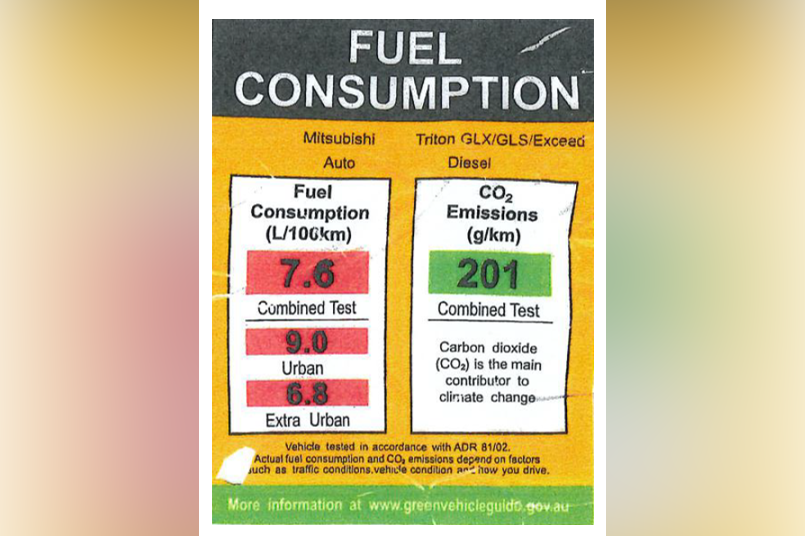
After realising the ute was consuming more fuel than what was listed on the label, Mr Begovic had an expert conduct independent testing of his ute in laboratory settings. At the time of the testing the ute was two years old and had done 50,000km.
The expert’s testing found Mr Begovic’s ute consumed 10.6L/100km on the urban test (17.8 per cent difference), 9.3L/100km on the extra urban test (36.8 per cent difference), and 9.6L/100km on the combined test (26.6 per cent difference).
They also conducted a different “heavy, high speed” driving cycle test where the ute consumed 10.6L/100km.
Mr Begovic previously took legal action in the Victorian Civil and Admistriative Tribunal, where Mitsubishi was found to have engaged in misleading and deceptive conduct, in breach of consumer laws.
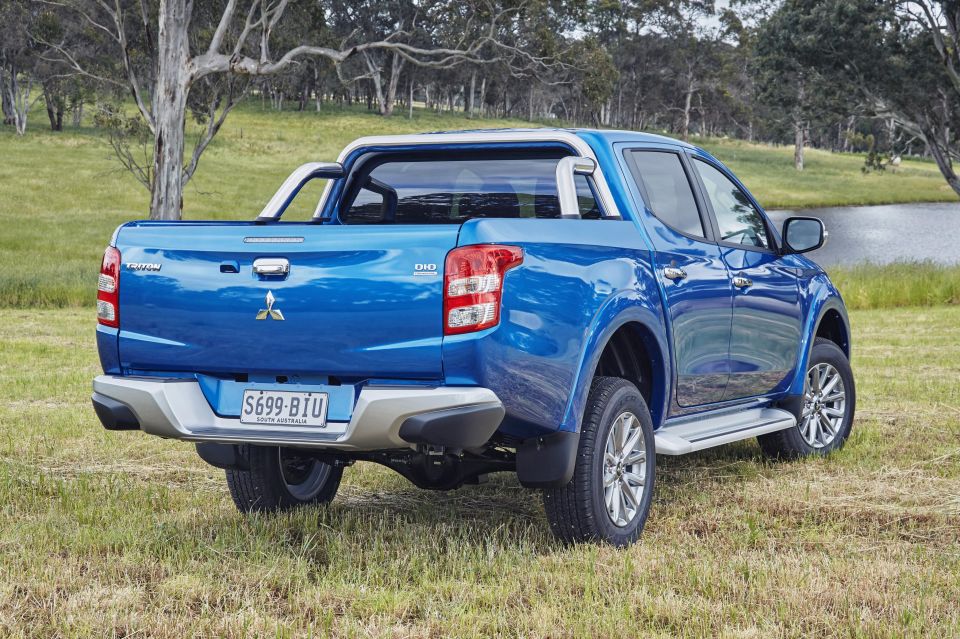
Today, however, Mitsubishi will tell the High Court it was penalised for breaking one law in order to comply with another.
This is because it’s required to have a sticker on the windscreen with the results of a standard test before it can be sold.
Court documents show Mitsubishi Australia will argue it’s not reasonable the results from compulsory standard tests should put them in breach of consumer laws.
“To avoid such liability, a dealer would presumably have to test every new vehicle supplied to ensure that it consumed fuel at the same or substantially the same rate as that stated in the label, something the Court of Appeal itself described as ‘extraordinarily extensive and unnecessary’,” said lawyers for Mitsubishi in their written submissions to the court, as reported by the ABC.
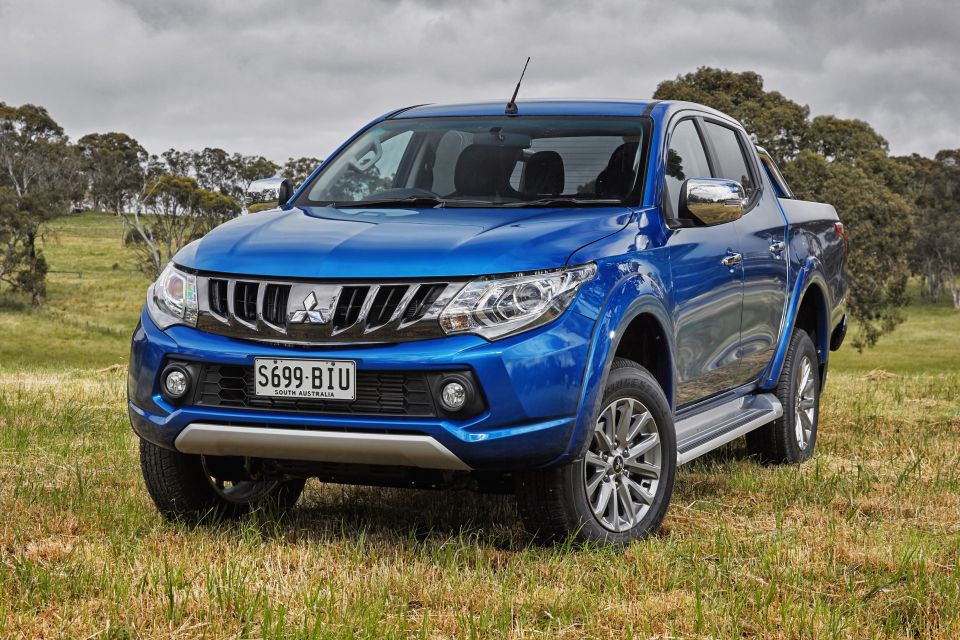
“Even then, no test could be performed that would guarantee a vehicle would continue to consume fuel at the same or substantially the same as stated on the label for an indefinite period.”
Mr Begovic’s lawyers, however, will tell the High Court that Mitsubishi has breached the law.
“The particular vehicle in question was tested in accordance with the standardised test,” said lawyers for Mr Begovic in their written submissions, as reported by the ABC.
“It failed – not by a minor amount, but very substantially. It did not have the fuel consumption stated on the label.”
Where expert car reviews meet expert car buying – CarExpert gives you trusted advice, personalised service and real savings on your next new car.
Jack Quick is an automotive journalist based in Melbourne. Jack studied journalism and photography at Deakin University in Burwood, and previously represented the university in dance nationally. In his spare time, he loves to pump Charli XCX and play a bit of Grand Theft Auto. He’s also the proud owner of a blue, manual 2020 Suzuki Jimny.


James Wong
6 Days Ago
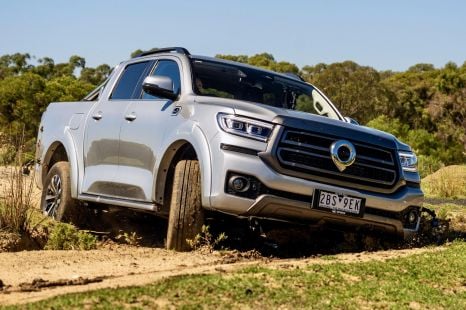

Max Davies
5 Days Ago
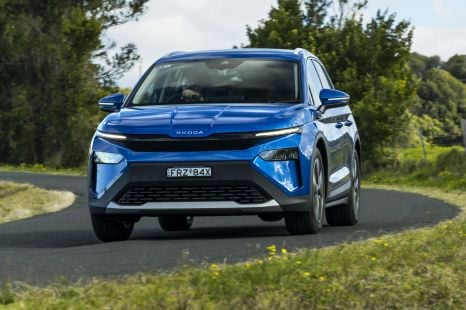

Josh Nevett
3 Days Ago
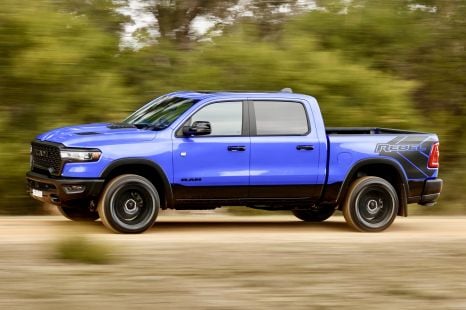

Max Davies
3 Days Ago
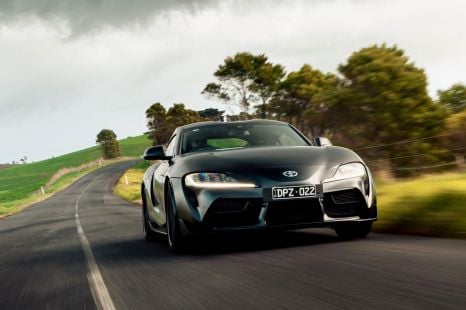

Max Davies
2 Days Ago


Derek Fung
1 Day Ago